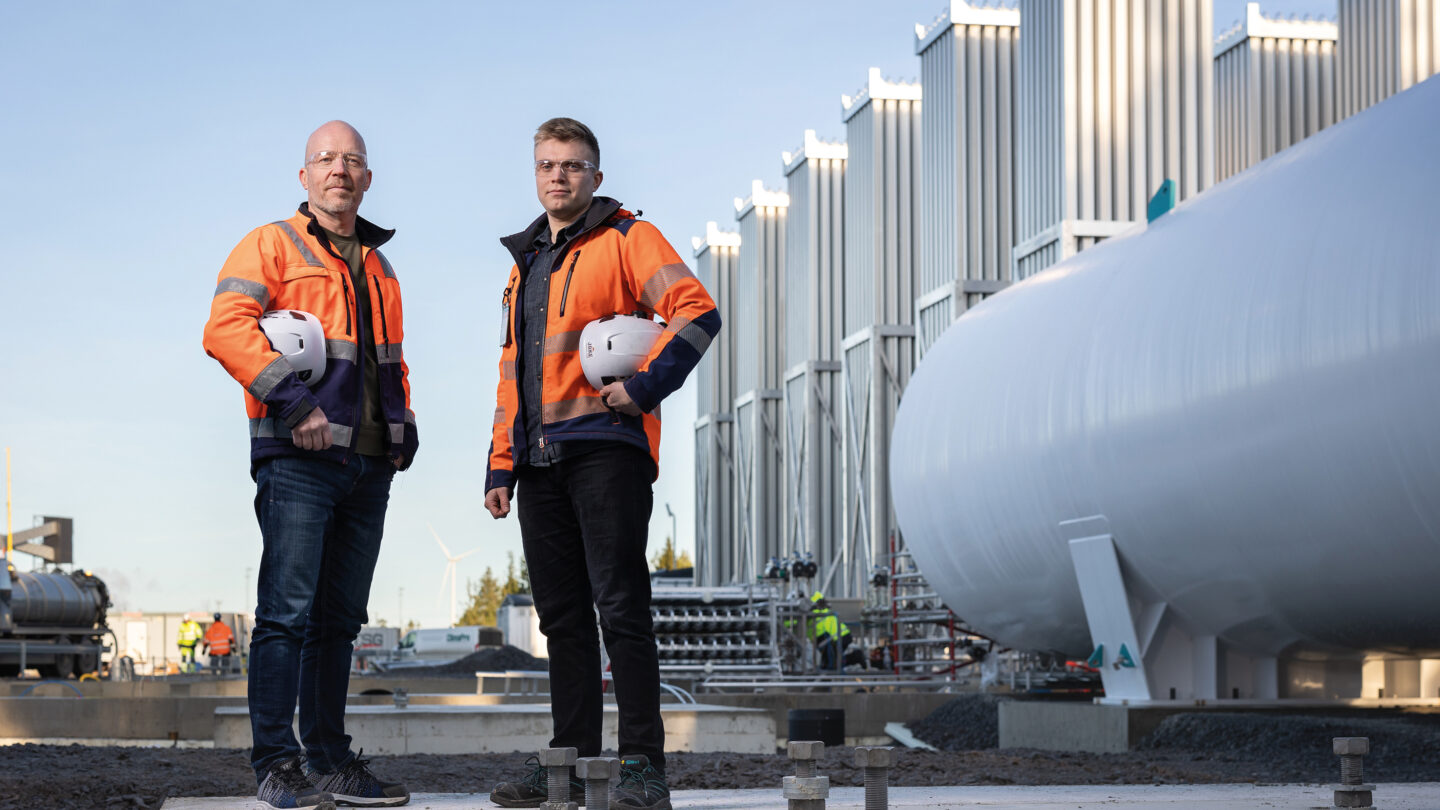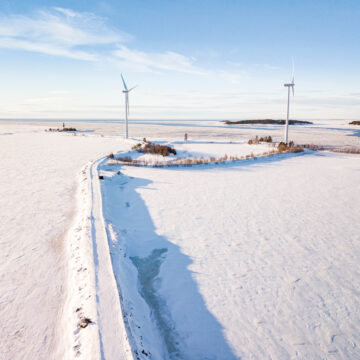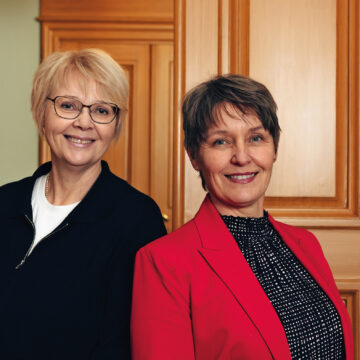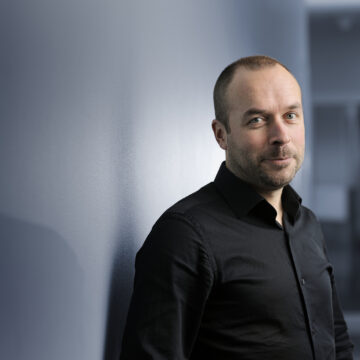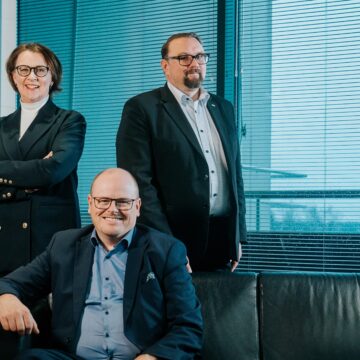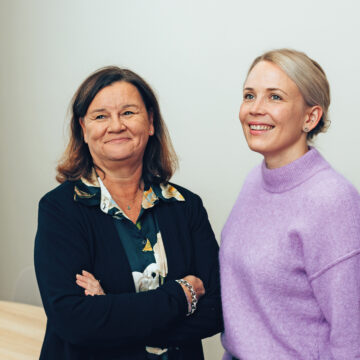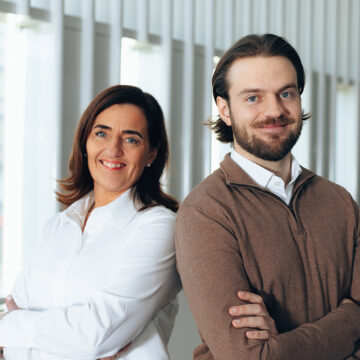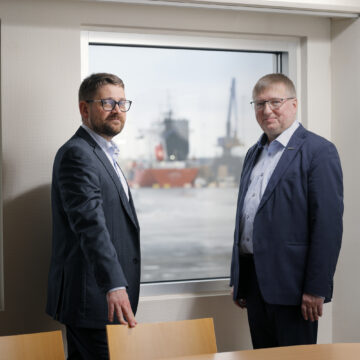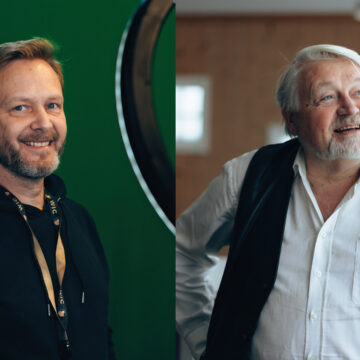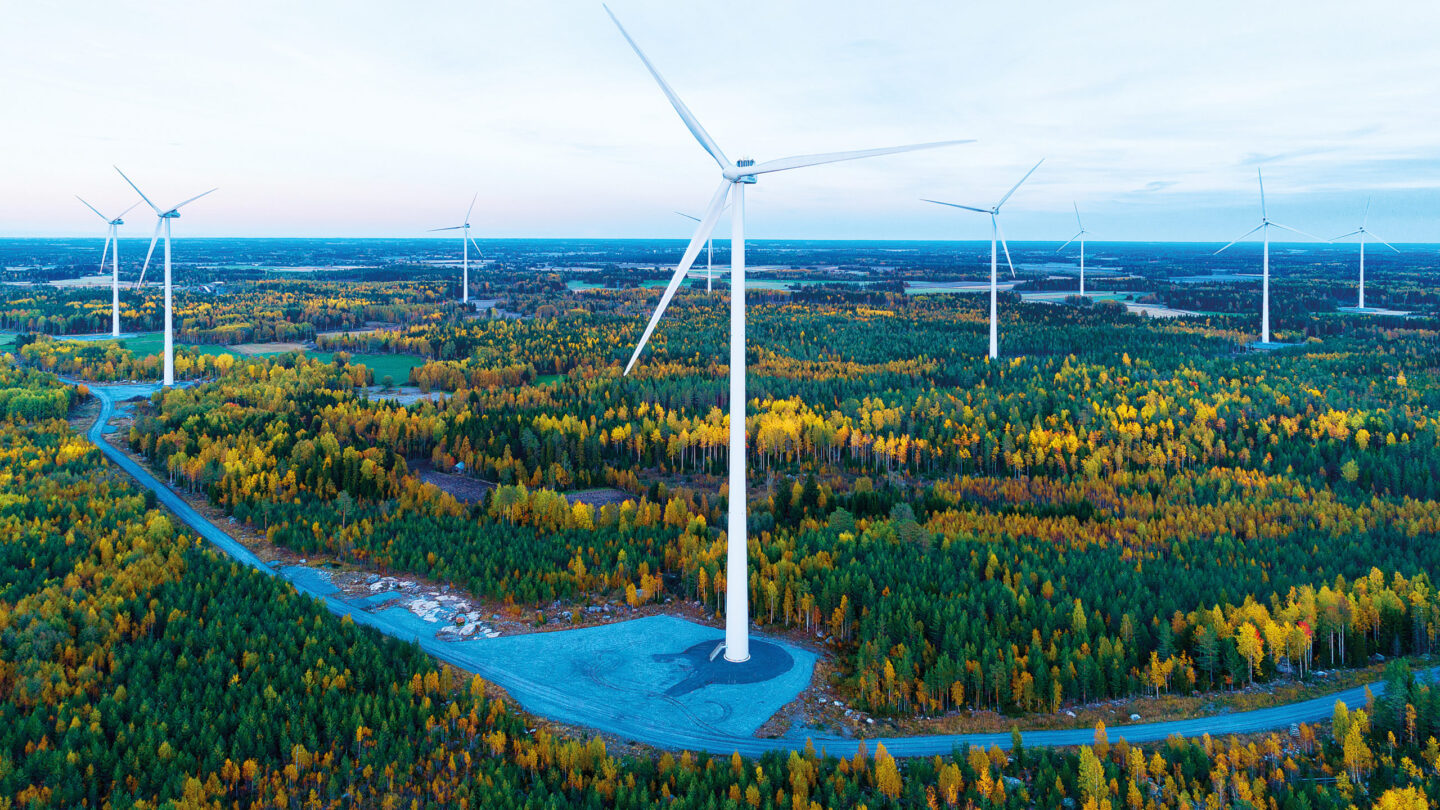
The Regional Council sets the stage for smart specialisation
THE WEST COAST OF FINLAND offers a fertile starting point for promoting sustainable development and vitality. This makes for meaningful work for the Regional Council of Ostrobothnia, as its task is to support the success and growth of the region’s economy and trade in a sustainable way. The Council acts as a regional development authority in Ostrobothnia and is responsible for the general development and regional planning of the area.
“First and foremost, we are the primary interest supporter of the residents, economic life and municipalities in Ostrobothnia. We create the conditions for the region’s development, while entrepreneurs and the municipalities make the final investment decisions”, says Regional Mayor for Ostrobothnia, Kaj Suomela.
FOR EXAMPLE, the regional land use plan produced by the Regional Council of Ostrobothnia has created spectacular preconditions for wind power construction. According to Suomela, the coastal area of Ostrobothnia provides a relatively large proportion of wind power generation compared to the rest of the country, and the region produces at least half a nuclear power plant’s worth of wind-powered electricity. Furthermore, sustainable energy generation can be built on the energy hub’s own products to a great extent.
“We are an area where global problems relating to carbon dioxide are resolved. We offer solutions for many of the challenges of sustainable development. It’s easy to be proud of this region”, Suomela smiles.
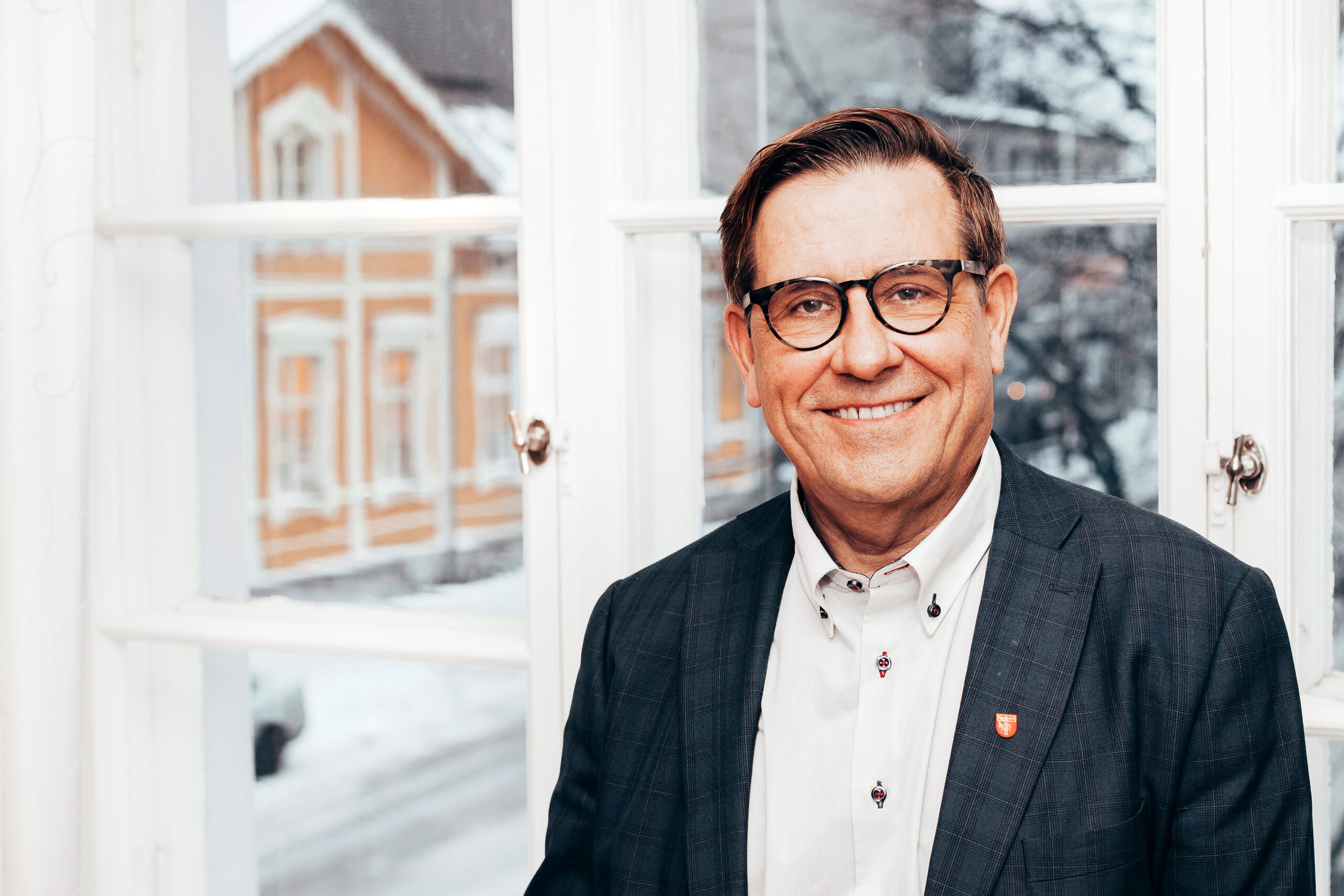
THE REGIONAL COUNCIL OF OSTROBOTHNIA covers 15 municipalities along the west coast of Finland. The Council promotes the entire region’s development in collaboration with other players.
Naturally, international dialogue and good connections also have an impact on the region. That is why the Regional Council of Ostrobothnia actively works also on the European front and engages in wide cooperation around the Baltic Sea, with Västerbotten in Sweden acting as an important partner, and more widely all the way to the Atlantic and even in South America.
“We have a joint regional office in Brussels with three other regional councils, the West Finland European Office. Its purpose is to act as a direct link for the regions to the European Union, follow EU decision making and influence it for the benefit of the regions.
THE INTERNATIONALLY significant energy and bio hubs in Ostrobothnia are indicators of successful regional development and well-functioning collaboration. The region’s favourable culture and atmosphere support cross-border cooperation and facilitate the creation of success stories.
“We have a low threshold, and we sit around the same tables and discuss large issues. This kind of collaboration inevitably brings great results, such as the battery industry, innovation hub and switching from carbon to biofuels, to name but a few”, Suomela says.
Smart region – smart specialisation
THE REGIONAL Council of Ostrobothnia is also responsible for the future success of the region, which first and foremost requires innovations. The Council has created an innovation strategy based on smart specialisation. Smart specialisation means recognising your own strengths and directing your focus and investments on them.In the coastal area of Ostrobothnia, smart specialisation is directed particularly at supporting the region’s largest export industries.
For the purpose of specialisation, there are four thematic priority areas in which innovations can be used to create growth: the system solutions for energy technology and renewable energy, digital solutions in various sectors, advanced production methods and automation and, last but not least, the circular and low-carbon economies.
The entire Innovation Strategyis focused on strengthening the cooperation between companies, universities and the public sector and tying them together.
“We strive to further advance the competitiveness of the region’s companies through smart specialisation. We also believe that it will promote the creation of new export industries in Ostrobothnia”, Suomela says.
The smart specialisation process takes place in close cooperation with companies, universities and the public sector. “We gather the stakeholders and actively involve them in the process. Collaboration is the key when we sit down together and identify partner networks, challenges and important new technologies.”

